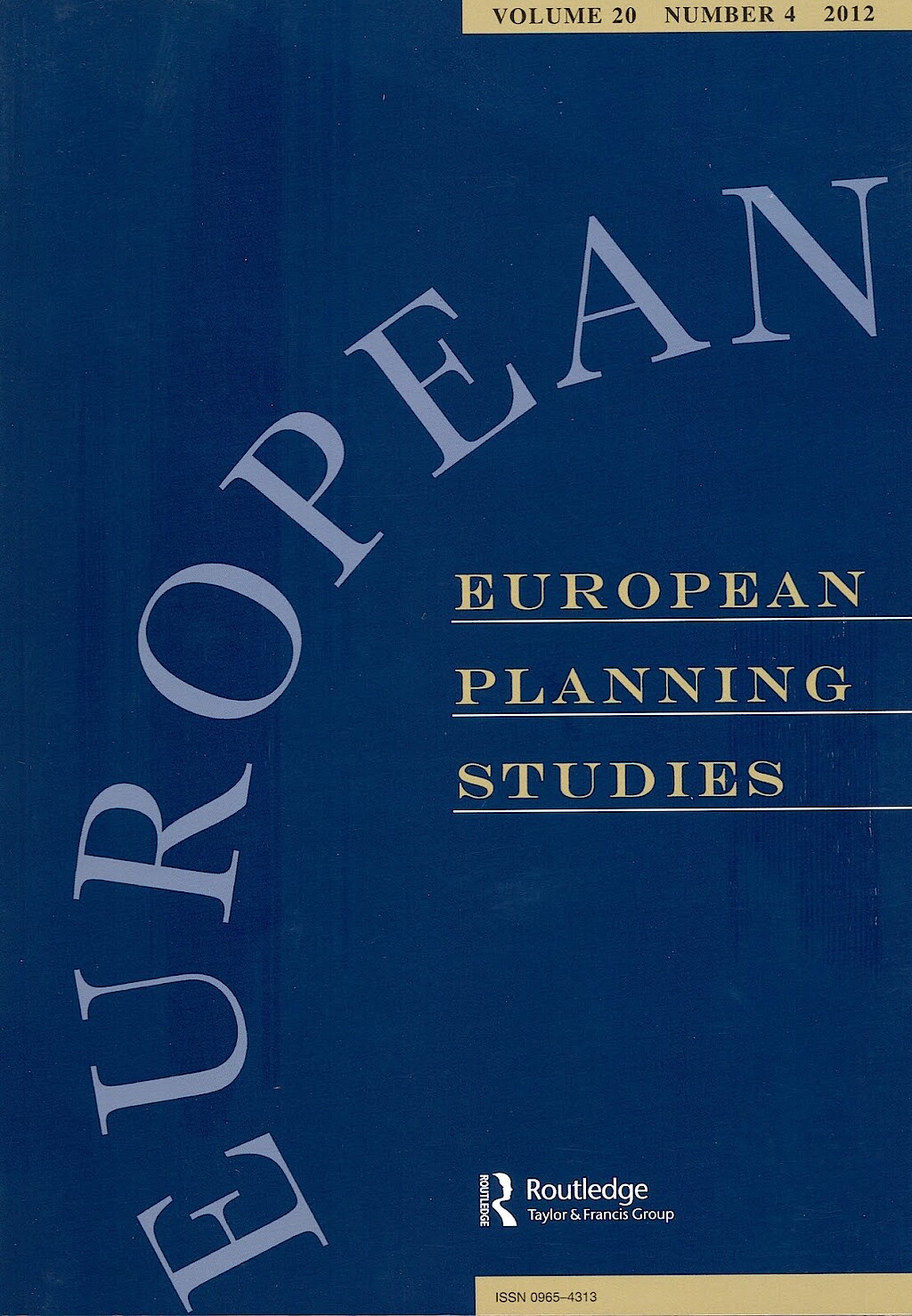
Start-up Competitions as an Instrument of Entrepreneurship Policy: The German Experience
The number of aspiring entrepreneurs in high-tech industries who successfully complete the transition from a nascent start-up project towards an operational new venture is comparatively low in Germany. Since the mid-1990s, policy-makers have initiated numerous start-up competitions (SUCs or business plan competitions) to facilitate this important step in the venture creation process. SUCs have two key objectives. They are aimed at increasing start-up activity by motivating potential entrepreneurs, while they should also help to increase the likelihood of subsequent entrepreneurial success through providing necessary entrepreneurial skills to prospective entrepreneurs. With our explorative study, we provide the first comprehensive empirical evidence from a cross-sectional survey of existing SUCs in Germany. Overall, 71 SUCs are identified which are analysed regarding their development, regional distribution, and main structural characteristics. Finally, we outline an agenda of future research questions concerning the effectiveness and efficiency of SUCs as an instrument of entrepreneurship policy.




